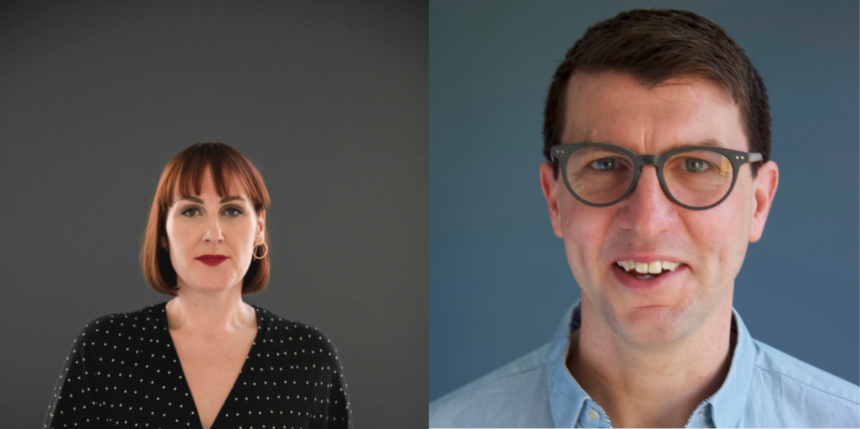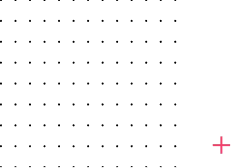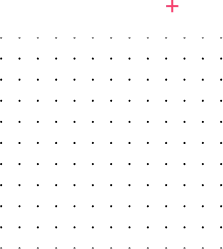Our latest Zinc Partners: Warrior Women Network and Liminal

Warrior Women Network, founded by Karla Morales-Lee, and Liminal, founded Roland Harwood, are partnering with Zinc as we build up to our next Venture Builder. We caught up with them to find out more about their work and what they’ll be doing at Zinc.
Zinc: Can you tell us a bit about yourselves?
Karla: Right now, I do a lot of different things under one central goal which is to amplify and support pioneering intersectional women who are redesigning old systems to work better for people and planet. The amplify part of this is a big part of my work. I have a podcast, Warrior Women, in which we interview ‘ordinary’ women with extraordinary ideas on how to drive social progress. I’m also on the steering committee of She Changes Climate, which drives change by lobbying for increased female representation at all levels of climate decision making. I do a lot else, but, essentially, I have a strong suit in connecting people; I love meeting and linking up pioneering people, and I try to use that skill to drive human progress, especially around the climate.
Roland: Similarly, I call myself a ‘compulsive connector’ of people and ideas—partly because it alliterates, but also because it gets at a factor that has run throughout my career. I spent the first part of my professional life working in the renewable energy sector after completing a PhD in Physics. I then discovered the world of design, innovation and entrepreneurship when I spent three years at Nesta, which led to me founding 100%Open, a global open innovation agency. More recently, I’ve built a community called Liminal, of which Karla is a member, which brings together people from wildly different backgrounds to solve hard problems. As time has gone by, we’ve focused more and more on building Net Zero ventures, communities and ecosystems for people like Hitachi, Wellcome Trust, the United Nations, and now Zinc.
Zinc: Can you tell us about why you’re partnering with Zinc?
Karla: The UN has described climate change as the biggest threat modern humans have ever faced, a ‘crisis multiplier’ that has profound implications for international peace and stability. It’s also the most complex problem in human history. More than ever, we need to find ways to bring people together to drive change. And yet we are currently beset by division; it sometimes feels as though there are two worlds, pulling in different directions. I know incredible warrior women who have amazing ideas about new political systems, and have completely turned their back on the current one. The urgency of the climate crisis requires connecting people of diverse backgrounds to work together for change. That’s what excites me about Zinc.
Roland: I’ve just made a connection from what you’re saying. I sometimes describe Liminal as a ‘collective intelligence community’. The number one killer of innovation is groupthink. And the greatest driver of innovation is bringing together diverse groups of people who can think around problems in new and exciting ways. That’s exactly what we do at Liminal, and what is happening at Zinc.
Karla: In that sense, I think it’s important that the Zinc’s Venture Builder is creating opportunities for Founders less represented by traditional VCs: for example, 50% of the Founders in the most recent cohort were women, and 15% Black.
Roland: Yes, and fostering diversity—not only of demographics but also of skills, disciplines, expertise, perspectives—is not only the right thing to do, but the best thing, because it presents our best hope of genuine innovation. The same is true of climate. To effect change we have to bring people together by flipping some of our current assumptions. Creating a sustainable world isn’t only the right thing to do, it’s a massive opportunity for our economy, for jobs, for enterprise. One of my favourite quotes is ‘connect on your similarities and benefit from your differences’. How can you benefit from different knowledge and make something bigger and better? That’s a question that I’ve tried to answer again and again in my career, and it’s at the heart of what Zinc does.
Zinc: Can you tell us a bit about your partnerships with Zinc, and what you’re looking forward to?
Karla: Zinc are partnering to promote series two of the Warrior Women, the podcast from The Warrior Women Network. Each episode will feature a ‘Warrior’ leading change in one of the four areas that Zinc’s fifth Venture Builder is focused on: Farming, fishing and food; transport; construction and building operations; manufacturing and the supply chain. I’ll also be joining Zinc as a Visiting Fellow, the network of experts and advisers from across business academia, design, technology and the public sector who support Founders throughout their time at Zinc. You’ve been a visiting fellow before, right Roland?
Roland: Yes, it’s an incredible group of people, and one of the reasons I came back to Zinc. I came to one of the Visiting Fellows events during Zinc’s mental health mission and met the most extraordinary bunch of people: leaders and experts from across academia, industry, healthcare, the creative industries, and more. So I’m very much looking forward to that this year. What else will I be doing? Over the summer I’ll be running a couple of events. The first is a Climate Tech Ecosystem Roundtable, an invite only discussion with influencers on how to build, scale, activate and mobilise the Climate-Tech Ecosystem. The ecosystem is quite fragmented at the moment, across government, activism, charities, corporations, startups and investors, so we’ll be thinking about how that can change, which feeds into what Zinc is trying to achieve more broadly. I’m excited to get going, and to see what the next Venture Builder brings.
To find out more about the Zinc Venture Builder, visit our Build a business page. You can find out more about the Warrior Women Podcast with Zinc and join our launch party here. Visit our Mission page to find out more about the investment priorities and apply
Join the Zinc community
Stay up to date with all Zinc updates and future posts as part of our fast growing community.
Featured Resources
Zinc Impact Report 2024
Zinc’s mission is to make the UK the best place to successfully start a venture which can have a massive impact on the health of people and the planet.
Increasingly, we are building deeper science ventures that serve global, industrial customers in environment and health, giving access to impact at a global scale.
Our 2024 Impact Report explores the challenges that need to be tackled to empower and enable talented founders from around the world to solve critical health and environmental challenges at scale, from here in the UK.
This report showcases success stories from the Zinc portfolio, and highlights how Zinc – and our growing community of hundreds of Founders, Fellows, Coaches, Partners and Funders – are working together to build a world-leading “Science-for-Impact” ecosystem for inception stage ventures in health and environment.
Impact Report 2023
We started Zinc with the hypothesis that missions are an effective way to attract highly ambitious, talented and experienced groups of innovators, who might not recognise themselves as “classic entrepreneurs” but are ready and able to start a new commercial and successful venture to tackle some of our most pressing societal issues.
The world has overcome the sorts of challenges we face today when it has adopted a mission-based approach to the biggest problems and brought together world-class talent to invent and innovate, e.g: NASA and landing a man on the moon, the LSE blueprinting the British welfare state, or the Gates Foundation aiming to eradicate diseases.
On this basis and assumption, we designed Zinc as a new mission-based Venture Builder — a place where global talent, ‘impact makers’, can join to experiment and develop new solutions to our most pressing societal issues.

